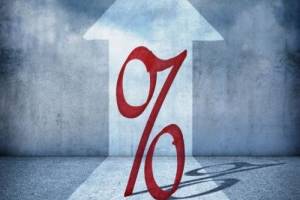Know your terms: business valuation versus business evaluation
The terms "business valuation" and "business evaluation" are frequently employed interchangeably, but they have significant dissimilarities that are worth comprehending. A business valuation involves determining the financial worth of a company. It is a quantifiable analysis that aims to estimate the value of the business considering various financial and non-financial elements, such as profits, liabilities, market










